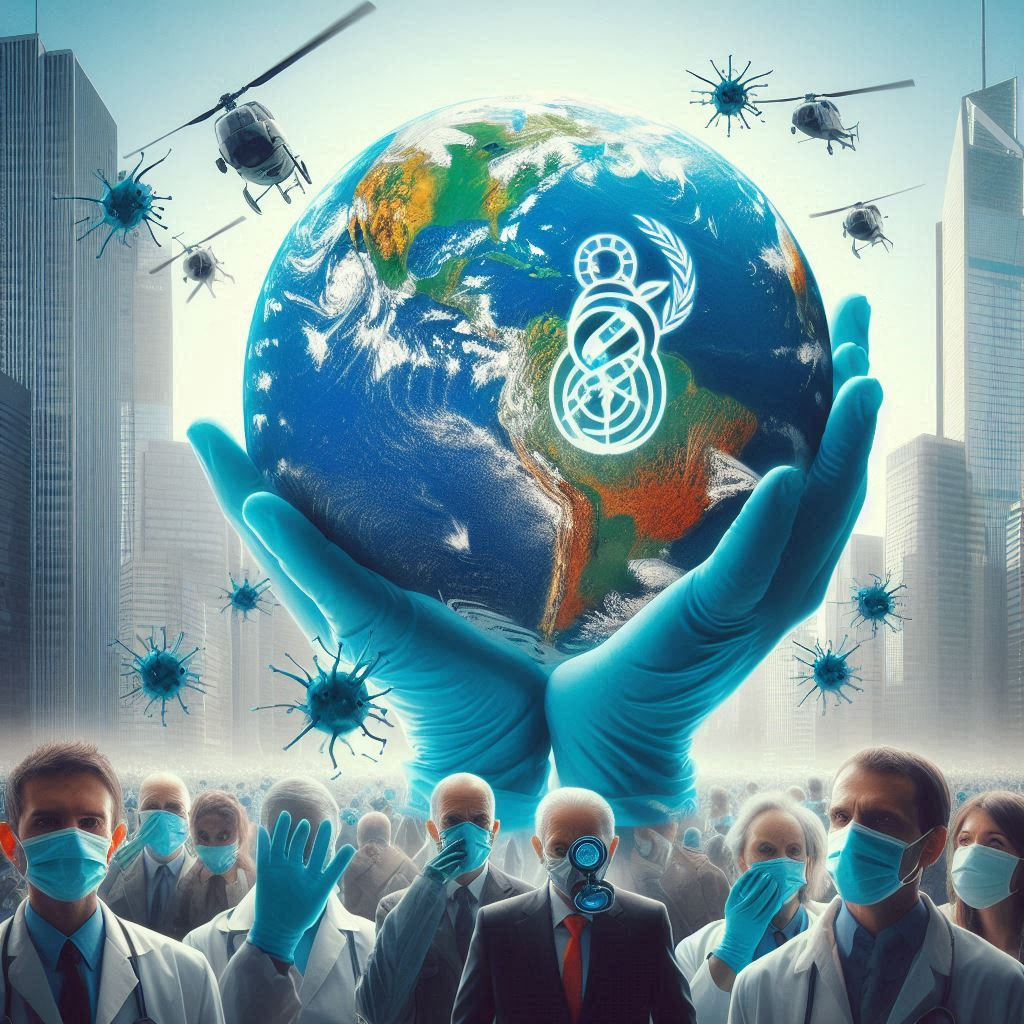Neglected tropical diseases are a diverse group of conditions caused by various pathogens, including viruses, bacteria, parasites, fungi, and toxins.
A comprehensive review by the World Health Organization (WHO) has highlighted significant gaps in the understanding of how climate change affects tropical diseases such as malaria, dengue, and trachoma. Conducted in partnership with Reaching the Last Mile (RLM), a global health initiative aimed at eradicating neglected tropical diseases (NTDs), the study underscores the urgent need for more detailed research and action to address these emerging health risks.
The WHO report, analyzing peer-reviewed studies from January 2010 to October 2023, found that rising temperatures and shifting weather patterns are altering the distribution of disease vectors, such as mosquitoes. This environmental change increases the risk of these diseases spreading to new areas, potentially affecting communities that are already vulnerable.
Expanding Disease Vectors
The study emphasizes that as mosquitoes and other vectors expand their geographical range, the likelihood of introducing or reintroducing diseases like malaria, dengue, and chikungunya to previously unaffected regions rises significantly. This trend poses severe health risks, particularly for marginalized populations who already face disproportionate health challenges.
“The findings from this review are alarming and highlight the urgent need for action,” said Ibrahima Socé Fall, Director of the Global NTD Programme at WHO. “Malaria transmission is expected to shift both towards the poles and to higher altitudes, while the mosquito vector responsible for dengue and chikungunya is predicted to continue expanding its range. If we are to protect the hard-won victories of the past two decades, the time to mobilize is now.”
Analyzing the Data
The review examined a wide array of data, including national disease burdens, healthcare access, and climate vulnerability scores. Despite the comprehensive nature of the data analysis, the study revealed significant gaps. The majority of the reviewed studies focused primarily on malaria, dengue, and chikungunya, leaving other neglected tropical diseases significantly underrepresented.
One of the critical findings was the lack of evidence regarding mitigation and adaptation strategies. Only 34% of the reviewed studies (174 studies) addressed mitigation efforts, and a mere 5% (24 studies) focused on adaptation strategies. This highlights a dire need for more research to develop effective responses to the health impacts of climate change on malaria and other NTDs.
The Need for Comprehensive Modelling
Ibrahima Socé Fall stressed the importance of more collaborative and standardized modelling efforts to predict and mitigate the health effects of climate change. “This important and timely review reveals alarming trends and is a call to urgent action,” she said. Comprehensive and collaborative efforts are needed to build accurate predictive models and develop effective interventions.
Neglected Tropical Diseases Overview
Neglected tropical diseases are a diverse group of conditions caused by various pathogens, including viruses, bacteria, parasites, fungi, and toxins. These diseases, such as Chagas disease, dengue, chikungunya, leprosy, rabies, soil-transmitted helminthiases, snakebite, trachoma, and yaws, affect more than one billion people worldwide, according to WHO.
Call to Action
The WHO’s findings call for immediate and sustained global action to address the health impacts of climate change on tropical diseases. Policymakers, researchers, and healthcare providers must work together to fill the existing knowledge gaps and develop robust strategies for mitigation and adaptation. Protecting vulnerable communities and sustaining the progress made over the past two decades requires urgent and coordinated efforts to tackle these emerging health threats head-on.
As the climate continues to change, the world faces increasing challenges in combating tropical diseases. This comprehensive review by WHO serves as a critical reminder of the work that still needs to be done to safeguard global health.
